Looking for summer learning activities for your rising second grade students or children?
In this post, I’ll cover ten tips for summer learning and provide a free printable PDF for parents. Make sure to check out the end of the post for some summer homework for first grade!
Note: if you’re looking for summer learning ideas for other grade levels, check out these posts:
Summer Learning Activities for Rising First Graders (and Summer Homework for Kindergarten)
Summer Learning Activities for Rising Second Graders (Summer Homework for First Grade)
Tip #1: Make learning fun! You definitely don’t want summer practice to become a battle between you and your child. Keep things fun and light by using games, technology, and educational day trips to engage your child.
Tip #2: Use what’s free and close by. The library is your best friend! Visit it every week or every two weeks so your child can check out new reading material and use the computers. Many libraries have summer reading programs with incentives (prizes!). Use the internet to search for other opportunities in your area. Local museums, planetariums, and even hardware stores may offer fun (and sometimes free) activities for children, especially during the summer.
Tip #3: Motivate your child with technology! Here are some helpful links that you and your child can visit over the summer:
– ABCya.com (variety of fun math and reading games)
– Free Reading Websites for Kids (with real stories for kids to read and listen to)
– Sheppard Software (reading, math, science, and social studies games)
Tip #4: Use apps! Many families have smartphones, iPads, or other tablets. Turn playtime into learning time by downloading educational apps. Check out the links below for some reviews of age-appropriate apps for your rising second grader:
– A variety of app reviews by teacherswithapps
– Educational app reviews by Smart Kids’ Apps
– First grade apps by Best Apps for Kids
Tip #5: Read, read, and read some more! Your child probably made a LOT of progress with her reading during first grade, and you certainly don’t want those gains to be lost over the summer! When choosing books that are just right for your soon-to-be second grader, have your child read aloud the first 2 pages to you. On those first 2 pages, your child should be able to read all but about 3 of the words. If there are more than 3 tricky words on these two pages, this is a good indication that the book is too hard for your child and will frustrate him/her. You’ll want to choose a variety of books, of course – some that are too hard for your child but that you can read aloud to her, and some that are just right for your child to read independently. Here are some fun books that may be appropriate for your child to read independently, or with just a little help:
Titles: Young Cam Jansen and the Baseball Mystery (David Adler), Aunt Eater Loves a Mystery (Doug Cushman), Fox and His Friends (Edward Marshall), Poppleton Has Fun (Cynthia Rylant), Shoo, Fly Guy! (Ted Arnold), Will It Float or Sink? (Melissa Stewart), The Sun (Melanie Chrismer), Sea Turtles (Carol Lindeen), Hammerhead Shark (Deborah Nuzzolo), Neil Armstrong (Dana Rau)
Series books are always great, because once your child gets “into” the series, she’ll want to read more and more of the books! I also really recommend checking out some nonfiction for your child to read. Kids at this age, especially boys, tend to enjoy nonfiction, and it’s important for them to spend time reading informational texts. Your local librarian may have additional lists or suggestions for you, too. In many libraries, there is an “easy reader” section that you may want to check out.
Tip #6: Integrate learning into everyday activities. For example, your child can easily practice writing by helping you make a grocery list. You can dictate what you want on the list, and your child can write down the words. Don’t focus too much on correct spelling, unless your child insists on it. What is most important is having your child practice listening for the sounds in words and then writing them down. Other fun summer writing ideas: have your child keep a daily or weekly journal, write a postcard to a friend or relative, write letters to his/her first grade teacher, or write about a vacation trip.
Tip #7: Play car games! Here are some ideas:
– Play “Find the Alphabet.” Look for the letters (or things that start with each letter) from A to Z, in order. This works best for long car trips. You can start by saying, “I see an airplane; that starts with ‘a.’ Can you find something that starts with ‘b’?” or “I see the letter ‘a’ on that license plate. Can you find the letter ‘b’?”
– Play “Make My Sum.” Choose a number from 2 to 20. Tell your child, “Can you make the number __? Look for numbers on license plates or on signs that add up to make the number __.” For example, you might choose the number 14 as your sum. Your child might find the numbers 8 and 6, which make 14 when added together. Encourage your child to look for other ways to make that same number, such as by adding 10, 2, and 2. Then, give your child a different sum to search for, or have your child tell you a sum to search for.
– Have a sight word search. Have your child shout out any sight words he/she sees on billboards and recognizes instantly.
Tip #8: Cook up something in the kitchen! Choose a simple recipe and have your child help you make it. You can incorporate reading skills (to read the recipe), math skills (measuring), and practical life skills. Here are some links to child-friendly recipes:
– Kids’ Recipes from Kraft
– Recipes Kids Can Make from Food Network
Tip #9: Take out the camera! Kids love working with pictures of themselves! There are lots of learning activities that you and your child can do with photos. Here are a few ideas:
– Take a series of pictures of your child doing a simple activity or chore (i.e. making a peanut butter sandwich). Then, print out the pictures – 1 per page – and have your child write a book to teach someone how to do the activity.
– Have your child make an alphabet book by taking pictures of things in your home / outside that start with each letter of the alphabet.
– After taking a vacation or special trip, print out photos (1 per page). Have your child write captions for the photos and staple them together to create a memory book.
Tip #10: Last but not least…don’t forget to take time to relax! Summer camps, vacations, sports games, and summer homework are great, but don’t forget to leave your child some “down time.” When your child has free time, she’ll have the opportunity to use her imagination, be creative, and get to know herself better. Even if your family has a busy schedule, be sure to build in some down time before the new school year begins. Enjoy the summer!!
If you’re also looking for some summer homework practice pages for your soon-to-be second grader, check out this summer learning pack. All you need to do is download, print, and you’ll have a wide range of activities to choose from. Click on the picture below to learn more.
If you’d like to download the 10 tips for rising second graders in a PDF format, click on the picture below (it’s free!).
Happy learning, and have a wonderful summer!

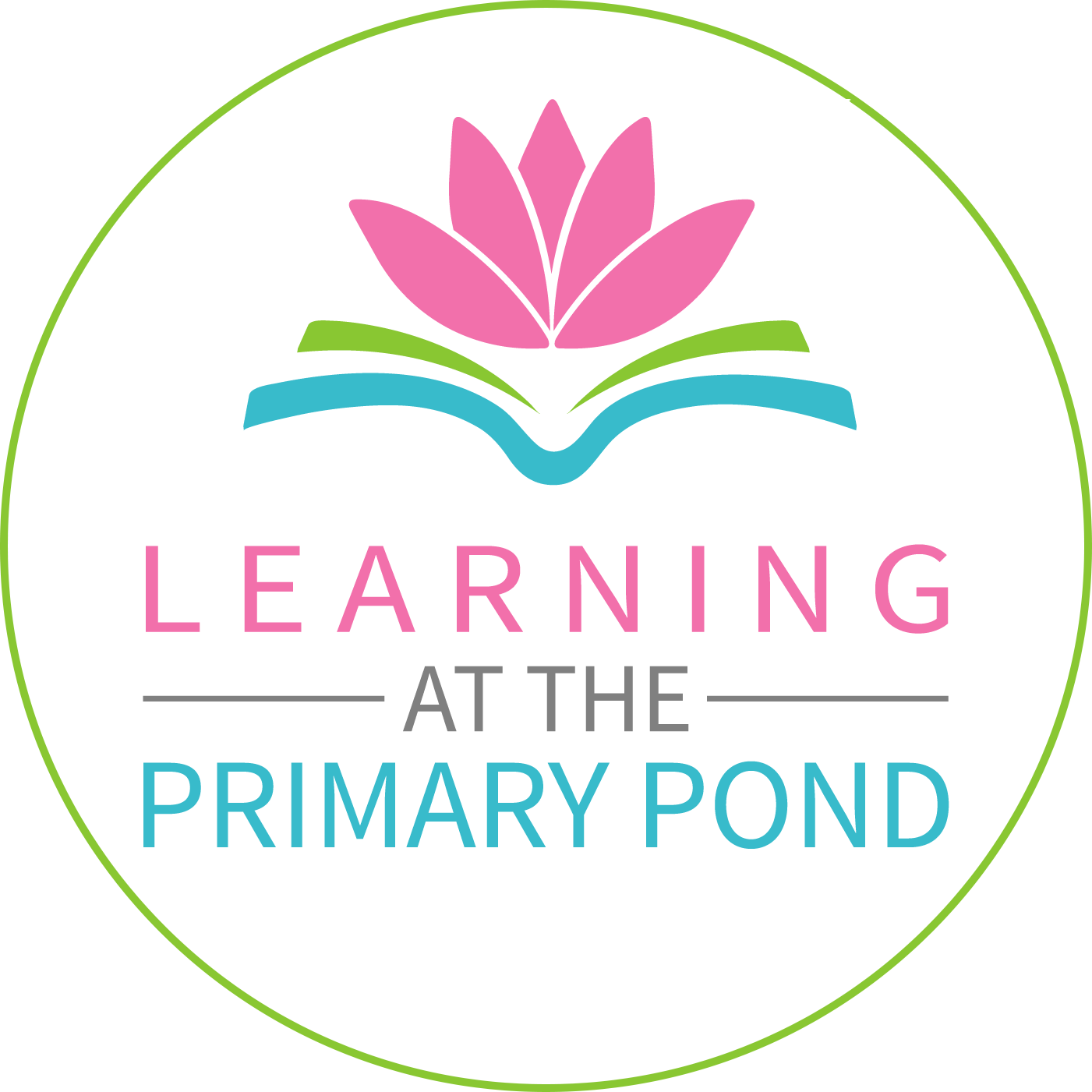
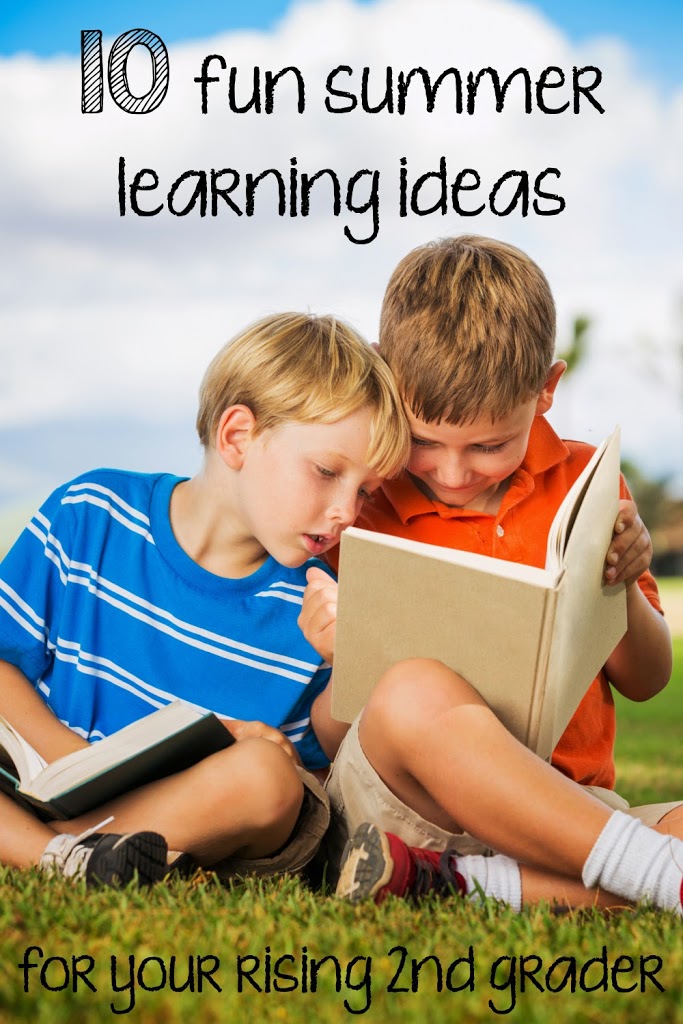
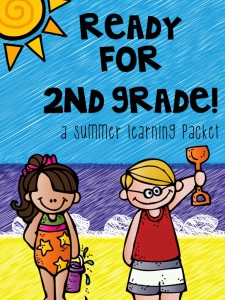
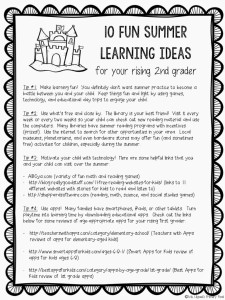



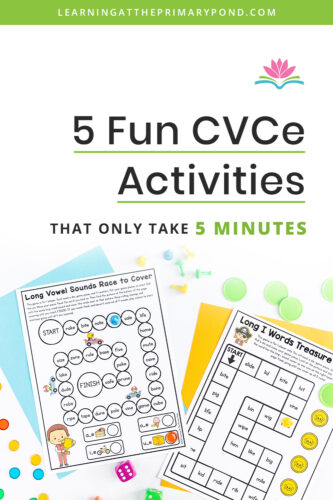
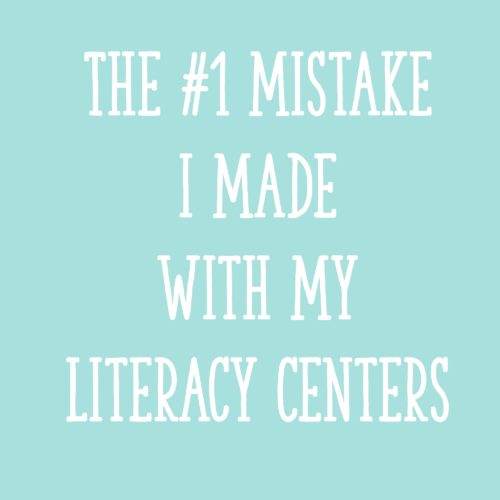
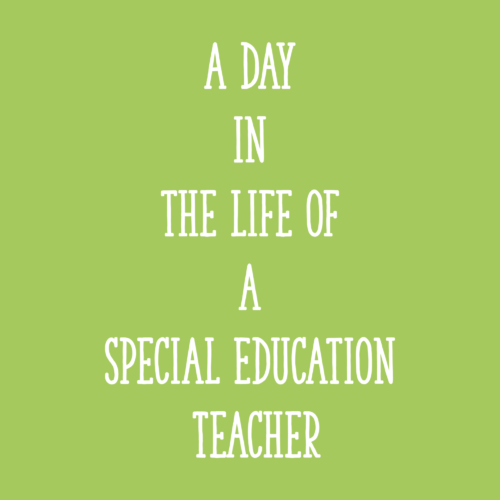

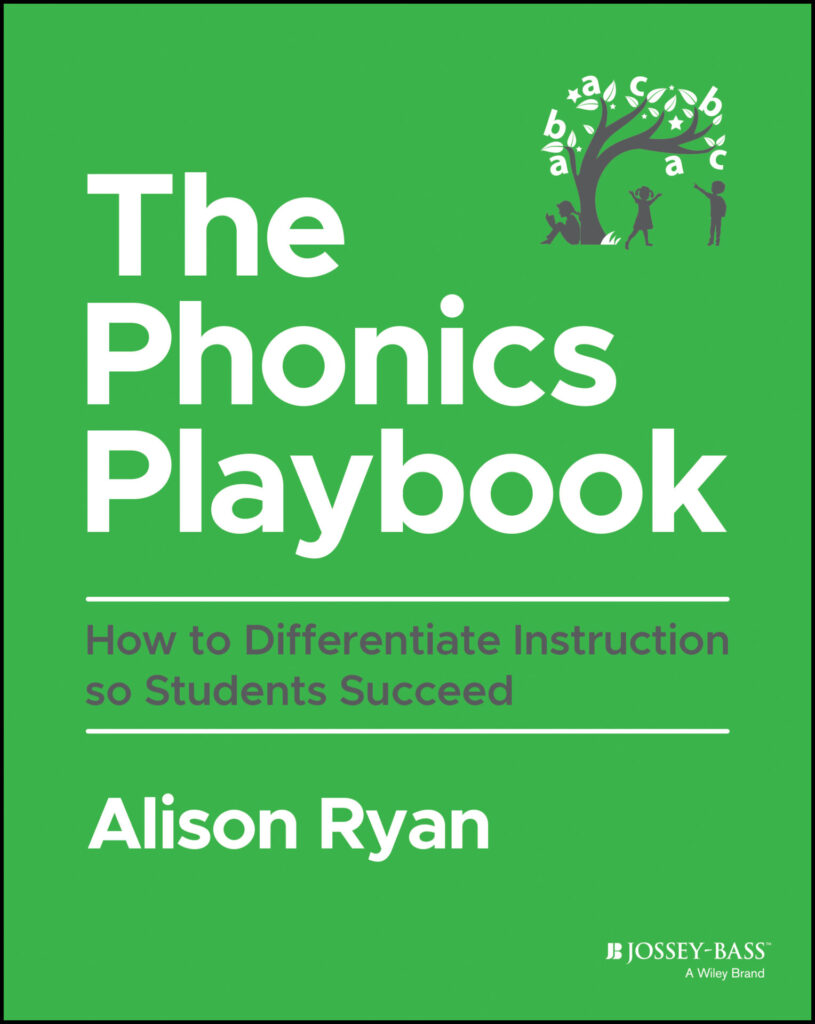
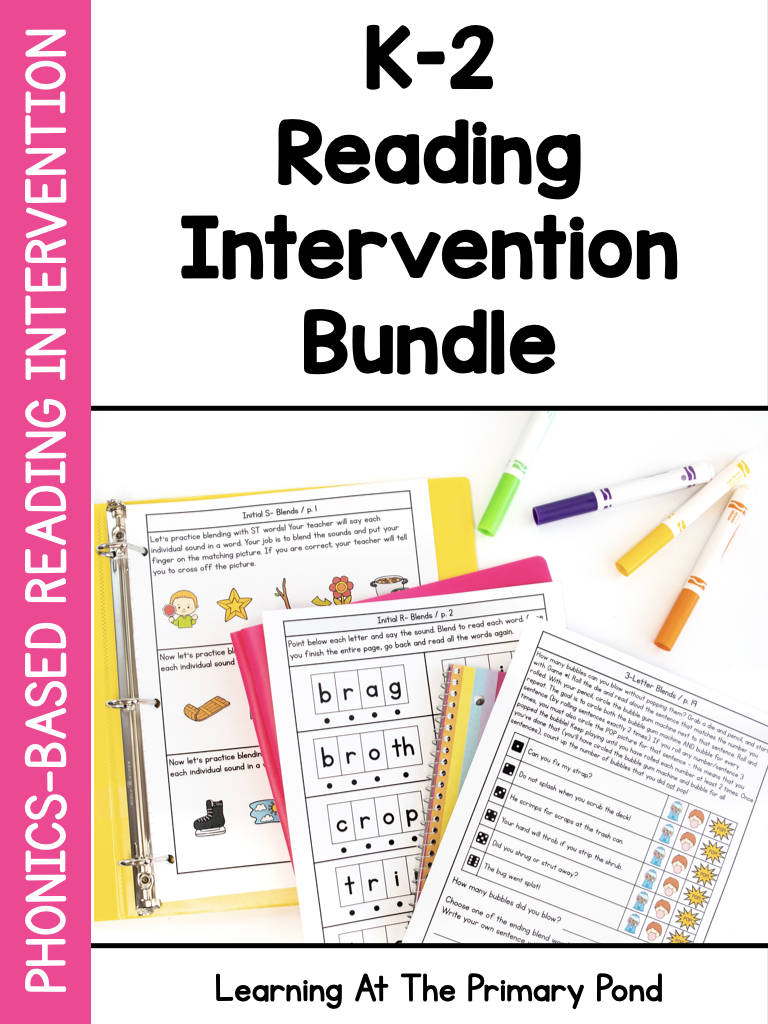
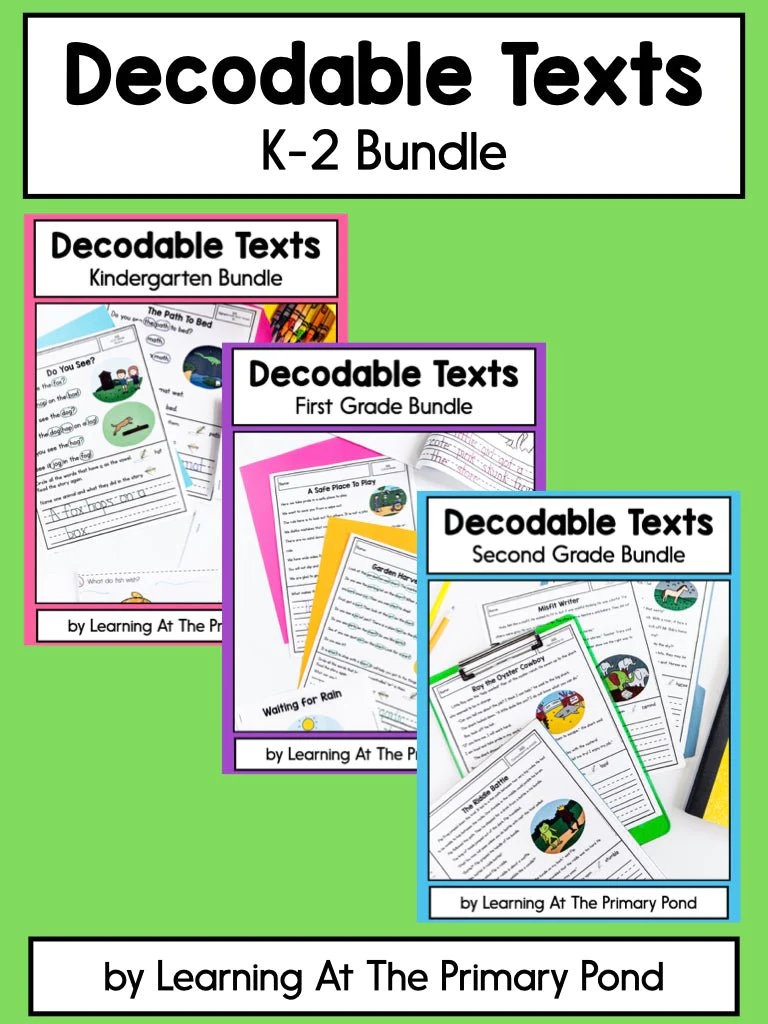

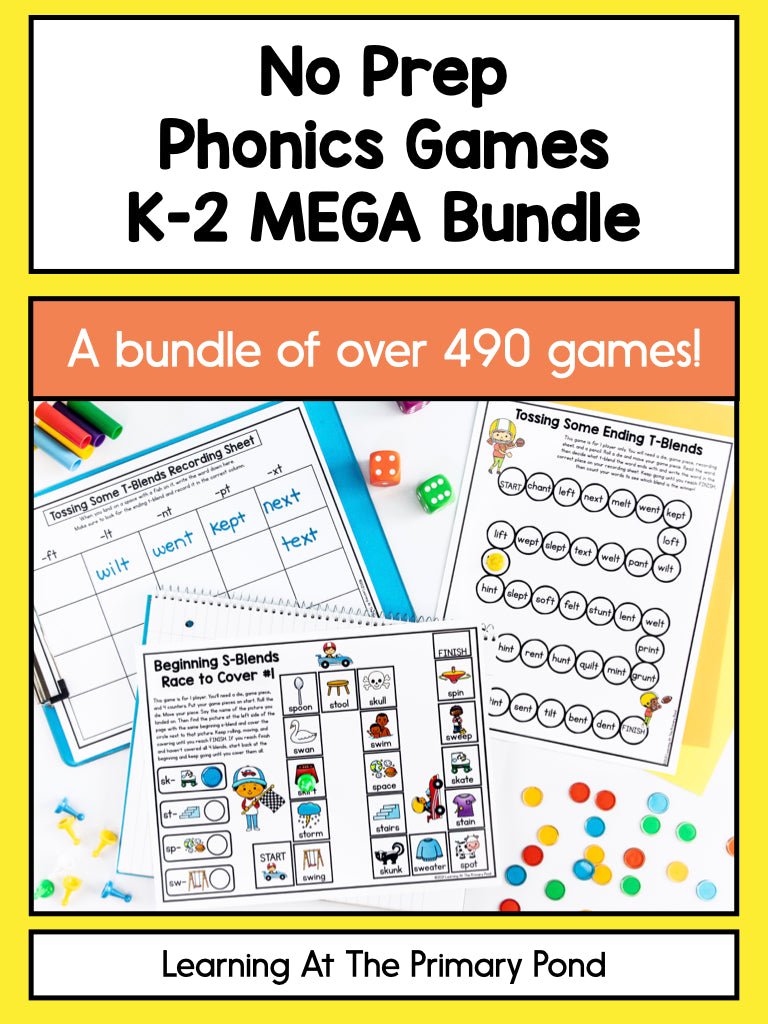
Great work. Summer activities help kids to boost up learning skills. You share very effective learning activities for kids.
Thanks, James!